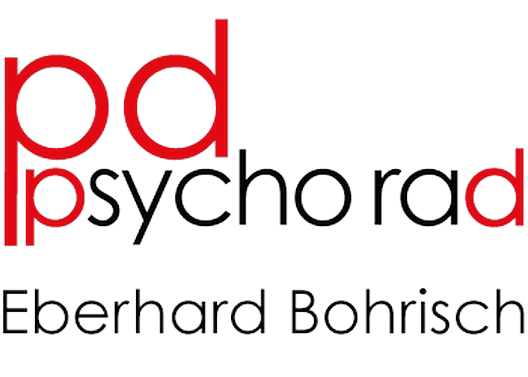How do you do it
to help coaches to become even better?
How do you do it
to help coaches to become even better?
I find this question exciting. It was posed by Frauke Schöttke, whom I would like to thank very much.
We, humans, are learners. The fact that we tell a counterpart how we did something leads us to clarify our memories and thoughts about it so that our counterpart understands us. The memory content in our brain is no longer the same as before. We have learned something.
This is also true when I advise a colleague in #CoachtheCoach.
The clarifying effect of storytelling is one of the foremost effective factors of consulting. We have all experienced in everyday life that the mere fact of telling someone what I am experiencing as a problem has suddenly brought me the solution.
The main point is to create an emotionally protected and safe space for the consulting client by listening. That gives him the freedom to explore and activate his resources.
A second important impact factor of counselling is the change of perspective or reframing, where events are put into a different context. Since I have always enjoyed thinking about the possible other meaning of a sentence or a word, it is effortless for me to let my counselling clients participate in this game.
This way of approaching unclear situations is facilitated by the fact that throughout my long life, myriad problems and points of view have accumulated in my brain. Also, the fact that I have witnessed the coming and going of ever-new consulting models helps me see things and situations differently.
Perceiving, thinking and acting systemically is another way of dealing with the world differently than we are usually used to. To see the world not as clearly and unambiguous, but as highly complex is, in my experience, a helpful approach to dealing with our questions and problems and the world that has become so uncertain. It is a particular form of reframing.
Last, I have a deep-seated aversion to „applying“ methods or „tools“, even worse „tools“! For me, these terms and their semantics belong in a well-managed garage but not in the consulting room. Moreover, they contradict my humanistic theory of humankind.
I see people as equal partners and support them in activating their abilities and resources. My ideas and ideas are always to be understood as a suggestion and not as solution proposals.
In these four aspects of coaching work, I offer to support colleagues in their process of perfection.
